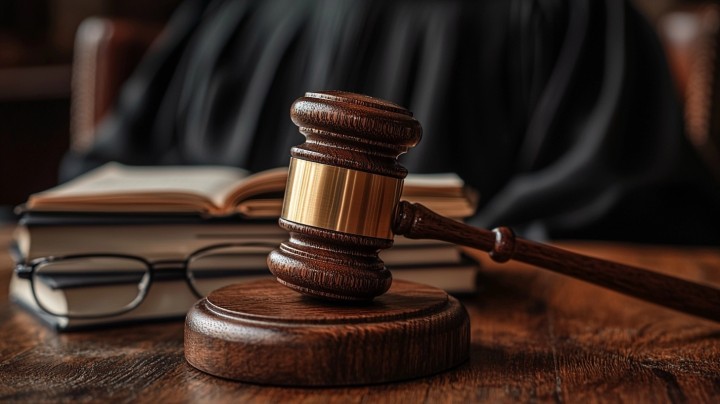Bail in the Judicial Process
A Balancing Act
Bail serves as a critical fulcrum, balancing the state’s duty to administer justice with the individual’s rights to freedom and fairness. This balance is crucial, preventing the unnecessary pre-trial detention of individuals, which could disrupt their livelihoods, families, and communities, based solely on an accusation.Ensuring Appearance and Conduct
Beyond merely guaranteeing a defendant’s presence at trial, bail conditions can also mandate specific behaviors or restrictions, such as maintaining a clean criminal record, adhering to travel limitations, or undergoing regular drug testing. These conditions further the bail system’s goal of minimizing risk to the community while respecting the accused’s rights.Community Considerations
Bail decisions also consider the safety of the community. Judges may set higher bail amounts or deny bail altogether for defendants perceived as threats, balancing the rights of the individual against potential risks to public safety.
Preventing Unnecessary Pre-trial Detention
Bail allows individuals who are not a flight risk or a danger to the community to remain free while awaiting trial, thereby reducing overcrowding in jails and minimizing the social and economic disruptions caused by unnecessary detention.
Alternatives to Bail
Electronic monitoring, pre-trial supervision, and other alternatives can sometimes replace traditional bail, addressing some criticisms by reducing reliance on financial conditions.
Reform Movements Ongoing reform efforts aim to address these inequalities and improve the fairness of the bail system, with some jurisdictions eliminating cash bail altogether for certain offenses.
Conclusion
The importance of bail in the judicial process is multifaceted, balancing judicial efficiency, the rights of the accused, and community safety. As the legal landscape evolves, so too will the mechanisms of bail, continually adapting to better serve justice and society.
FAQs
What is the most common type of bail?
- How do bail amounts get set?
- What rights does a defendant have at a bail hearing?
- Can bail be denied?
- What are some alternatives to bail?






